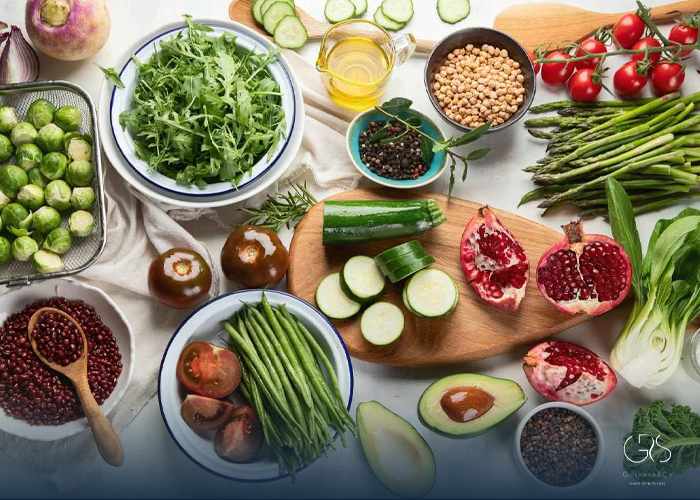In recent years, the popularity of Vegetarian Diet and Hip Fractures has grown among individuals looking for a healthier lifestyle and a more sustainable approach to eating. However, a growing body of research suggests that following a Vegetarian Diet and Hip Fractures may have unintended consequences, including an increased risk of hip fracture. The link between Vegetarian Diet and Hip Fractures and hip fracture risk is a crucial consideration for individuals, particularly those embracing a plant-based lifestyle. Understanding the factors contributing to this risk and finding ways to mitigate it are essential for supporting bone health while following a Vegetarian Diet and Hip Fractures.
The Link Between Diet and Hip Fracture Risk
Diet plays a crucial role in maintaining bone health and preventing conditions such as osteoporosis, which can lead to an increased risk of fractures, particularly in the hip. Hip fractures are a serious health concern, especially among the elderly, as they can result in significant morbidity and mortality. Research has shown that dietary habits, including the consumption of specific nutrients, can significantly impact bone strength and fracture risk.

Why a Vegetarian Diet May Increase Hip Fracture Risk
One of the primary reasons a vegetarian diet may increase the risk of hip fracture is the potential for nutrient deficiencies. Certain nutrients essential for bone health, such as calcium, vitamin D, vitamin K, and protein, are more readily available in animal-based products. Therefore, individuals following a vegetarian diet may face challenges in obtaining adequate amounts of these nutrients, which are essential for maintaining bone density and strength.
Moreover, some studies have shown that individuals following a vegetarian diet may have lower bone mineral density compared to their non-vegetarian counterparts. This decrease in bone mineral density can contribute to an elevated risk of hip fracture, particularly in postmenopausal women who are already at a higher risk due to decreased estrogen levels.
Supporting Bone Health While Following A Vegetarian Diet
While following a vegetarian diet, there are various strategies to support bone health and minimize the risk of hip fracture. It is crucial for vegetarians to ensure they consume an adequate amount of calcium through plant-based sources such as leafy greens, tofu, and fortified plant-based milk alternatives. Additionally, incorporating vitamin D supplements or spending time in sunlight can help address potential deficiencies. Furthermore, consuming foods rich in vitamin K, such as spinach, broccoli, and kale, and ensuring an adequate intake of protein from sources like legumes, nuts, and seeds is essential for preserving bone health.
Considering the diverse perspectives, it is important to acknowledge that a well-planned vegetarian diet can provide numerous health benefits, including lower rates of chronic diseases and a reduced environmental impact. However, it is crucial to recognize the potential challenges associated with nutrient deficiencies and their impact on bone health. Understanding these risks empowers individuals to make informed decisions and take proactive measures to support their overall health and well-being.

Conclusion
While embracing a vegetarian diet can offer numerous health and environmental benefits, it is crucial to be aware of potential implications for bone health, particularly the increased risk of hip fracture. By incorporating diverse perspectives and understanding the role of essential nutrients in maintaining bone strength, individuals can take proactive measures to mitigate this risk while enjoying the benefits of a plant-based lifestyle.
Sources
- National Osteoporosis Foundation, Food and Your Bones — Osteoporosis Nutrition Guidelines
- Harvard TH Chan School of Public Health, Eating a plant-based diet over time appears safe regarding risk of hip fracture
- The American Journal of Clinical Nutrition, Bone nutrients for vegetarians





